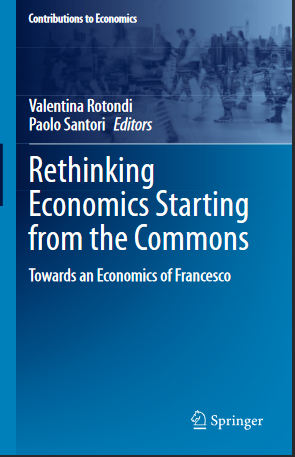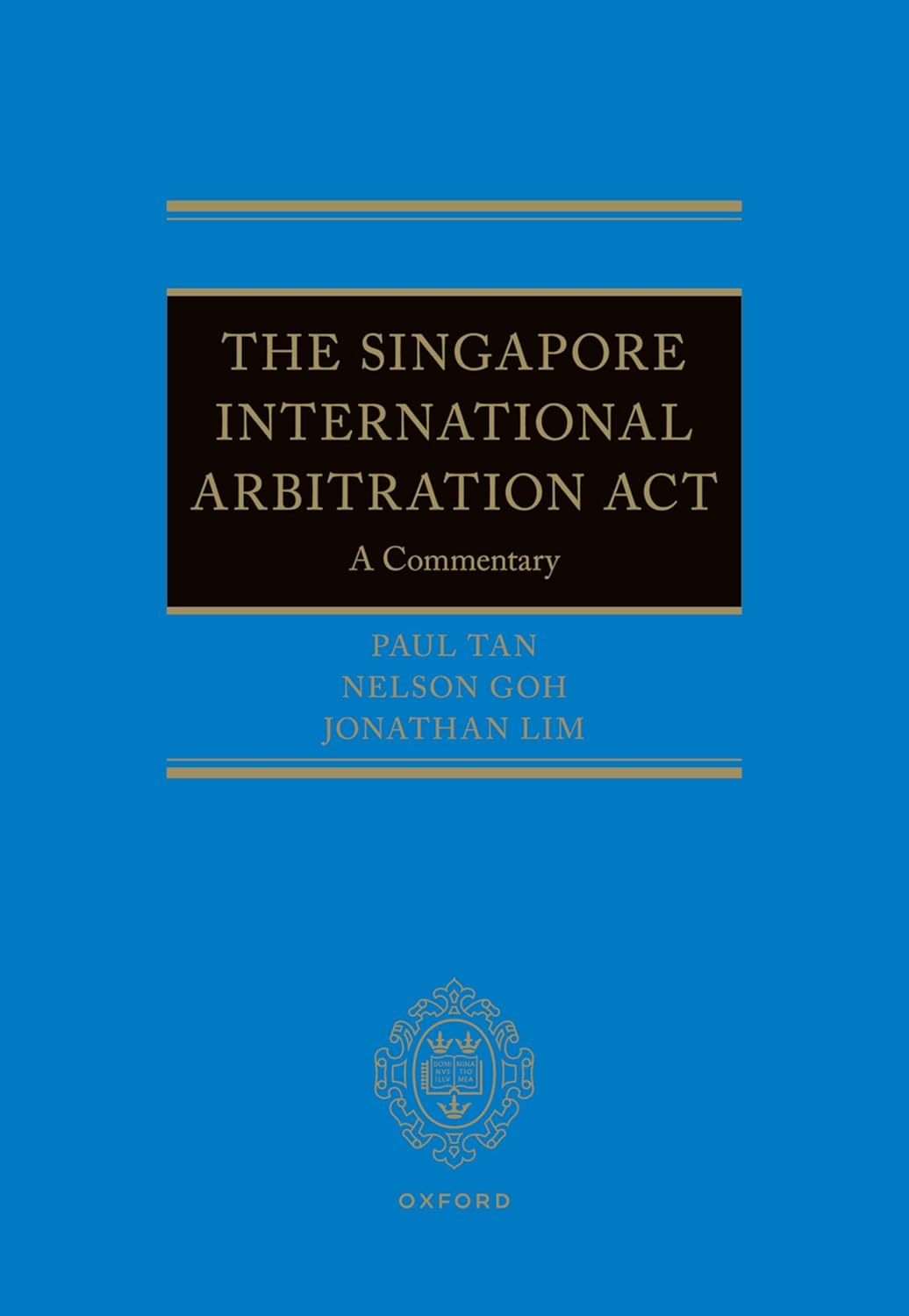Feminist Analysis of Economics and Care Let us imagine that the three authors of this paper decide to write a manual on the Western history of economic thought. The predicable outcome, given the existing examples of such work, would be a book where all the chapters are focused primarily on male economists and their economic theories. Some readers and reviewers, feeling that the status quo in the discipline is what makes it rigorous and scientific, would be satisfied with this. But other reviewers of the book manuscript could rightly point out the absence of a feminist economics perspective. Does such a perspective need to be incorporated? If so, how would it alter our approach to the history of economic thought? 2.1 Female, Feminist, Feminine: What’s the Difference? We could decide to add one or two chapters on the women who contributed to the development of the Western economic thought. We would not lack material. For example, we would elaborate more on the contributions that Millicent Fawcett, Harriet Taylor Mill, Beatrice Webb, and Joan Robinson made to the advancement of economics. Still, that would only partially address the problem raised by the reviewers, as we would have included sections on ‘women and Western economic thought’ but not a ‘feminist perspective’. Or we could decide to emphasize on the peculiar contributions of women (and some men) to Western economic thought regarding topics that have often been overlooked by the masculine-slanted discipline of economics. We could write a chapter on how labor market experiences have tended to be very different for women that for men, often due to the expectation that women should be primarily concerned with home and family. Perhaps another would treat the lack of attention to women’s unpaid household work in the compilation of national accounts. We could include how mainstream economics conceptualized the division of time devoted to work and care within families (Becker 1991), and expand on that. We might title a chapter with the very same title of this chapter, ‘Economics and the Ethics of Care,’ pointing out that a focus on ‘care’ is one of the contributions of including women’s experiences in our thinking about economics. Starting from a very different place, with a highly critical view of mainstream economics, we might interpret the development of mainstream thought as entirely pernicious. We might argue that it is that masculine-slanted notions of self-interest and competition that have created persistent poverty and brought the world to the brink of ecological destruction. The manual we write might describe the ‘male- stream’ history of economic thought as one of blindness to the needs of humans and other living things. We might suggest its wholesale dismissal, and argue that we should (and can) replace it with an entirely new economic model built exclusively 34 J. A. Nelson et al. around the more feminine-associated qualities of love and cooperation. We might seek to make the periphery the center. And yet, we would still not have fully addressed the feminist critique of our reviewers. Why? One of the authors of this paper has emphasized the differences among ‘female economics,’ ‘feminine economics,’ and ‘feminist economics’ (Nel- son 1995). ‘Female economics’ focuses only on women as scholars or women as subjects of economic study. While it is necessary to bring these neglected areas into the field, it is not sufficient. Some historical works by females and work on labor markets or family have actually tended to reinforce rather than challenge masculine-centered disciplinary biases and real-world discrimination. ‘Feminine economics’ rightly notes that real human tendencies towards love, care, and cooperation, as well as the additions to knowledge that can be made using qualitative methods, have been unjustly ignored. But then they throw the baby out with the bathwater, suggesting that ‘masculine economics’ is wholly detrimental and needs to be entirely replaced. Such an approach ignores the equally real human tendencies towards some degree of self-interest (which is not always synonymous with greed) and towards competition (which can spur positive increases in effort and creativity). The contributions to knowledge that quantitative analysis makes possi- ble, and the pitfalls of such things as over-cooperation (i.e., mandatory conformity and group-think) are likewise ignored. If we took the ‘feminine economics’ perspective, we might also continue the tradition (also followed in mainstream economics) of associating men exclusively with self-interest and competition, and women exclusively with care and coopera- tion. Our new economic model might then not only elevate activities such women’s work in childcare and healthcare, but also and argue that women should be entirely in charge of the new economic and political spheres. Men, it would seem, would be judged as deficient in the traits needed for the new economy, and so would now need to become the subservient sex. Or perhaps, we might imagine, they might have their own limited business-and-market economies under women’s supervision. Lastly, a ‘feminine ec
چکیده فارسی
تحلیل فمینیستی اقتصاد و مراقبت اجازه دهید تصور کنیم که سه نویسنده این مقاله تصمیم دارند کتابچه راهنمای تاریخ اندیشه اقتصادی غرب بنویسند. نتیجه قابل پیشبینی، با توجه به نمونههای موجود از چنین کارهایی، کتابی است که در آن تمام فصلها عمدتاً بر اقتصاددانان مرد و نظریههای اقتصادی آنها متمرکز است. برخی از خوانندگان و داوران که احساس می کنند وضعیت موجود در این رشته چیزی است که آن را دقیق و علمی می کند، از این امر راضی خواهند بود. اما دیگر منتقدان این کتاب به درستی میتوانند به فقدان دیدگاه اقتصاد فمینیستی اشاره کنند. آیا چنین دیدگاهی نیاز به گنجاندن دارد؟ اگر چنین است، چگونه رویکرد ما به تاریخ اندیشه اقتصادی را تغییر خواهد داد؟ 2.1 زن، فمینیست، زنانه: تفاوت چیست؟ میتوانیم تصمیم بگیریم که یک یا دو فصل درباره زنانی که در توسعه اندیشه اقتصادی غرب نقش داشتند، اضافه کنیم. ما کمبود مواد نخواهیم داشت. به عنوان مثال، ما در مورد کمک هایی که میلیسنت فاوست، هریت تیلور میل، بئاتریس وب و جوآن رابینسون در پیشرفت علم اقتصاد داشتند، بیشتر توضیح خواهیم داد. با این حال، این تنها تا حدی به مشکل مطرح شده توسط بازبینان میپردازد، زیرا ما بخشهایی را درباره «زنان و اندیشههای اقتصادی غرب» درج میکردیم، اما نه «دیدگاه فمینیستی». یا میتوانیم تصمیم بگیریم بر مشارکتهای عجیب زنان (و برخی مردان) در تفکر اقتصادی غرب در رابطه با موضوعاتی که اغلب توسط رشتههای مردانه اقتصاد نادیده گرفته شدهاند، تأکید کنیم. ما میتوانیم فصلی بنویسیم که چگونه تجربیات بازار کار برای زنان بسیار متفاوت از مردان است، اغلب به دلیل این انتظار که زنان باید در درجه اول به خانه و خانواده توجه کنند. شاید دیگری عدم توجه به کار خانگی بدون مزد زنان در تدوین حساب های ملی را درمان کند. ما میتوانیم نحوه مفهومسازی جریان اصلی اقتصاد از تقسیم زمان اختصاص داده شده به کار و مراقبت در خانواده را در نظر بگیریم (Becker 1991) و آن را گسترش دهیم. ممکن است فصلی را با همان عنوان این فصل، «اقتصاد و اخلاق مراقبت» عنوان کنیم و به این نکته اشاره کنیم که تمرکز بر «مراقبت» یکی از کمکهای گنجاندن تجربیات زنان در تفکر ما درباره اقتصاد است. با شروع از یک مکان بسیار متفاوت، با دیدگاهی بسیار انتقادی از جریان اصلی اقتصاد، ممکن است توسعه تفکر جریان اصلی را کاملاً زیانبار تفسیر کنیم. ما ممکن است استدلال کنیم که این تصورات مردانه منفعت شخصی و رقابت است که فقر مداوم ایجاد کرده و جهان را به آستانه نابودی اکولوژیک رسانده است. کتابچه راهنمای ما می نویسیم ممکن است تاریخ «جریان مردانه» تفکر اقتصادی را به عنوان یکی از کوری در برابر نیازهای انسان ها و سایر موجودات زنده توصیف کند. ممکن است ما اخراج عمده آن را پیشنهاد کنیم و استدلال کنیم که باید (و می توانیم) آن را با یک مدل اقتصادی کاملاً جدید که منحصراً ساخته شده است جایگزین کنیم. حول ویژگی های بیشتر زنانه عشق و همکاری. ممکن است به دنبال این باشیم که حاشیه را مرکز کنیم. و با این حال، ما هنوز به طور کامل به نقد فمینیستی منتقدان خود نمی پردازیم. چرا؟ یکی از نویسندگان این مقاله بر تفاوتهای «اقتصاد زنانه»، «اقتصاد زنانه» و «اقتصاد فمینیستی» تأکید کرده است (نلسون 1995). «اقتصاد زنانه» تنها بر زنان به عنوان دانشمند یا زنان به عنوان موضوعات مطالعات اقتصادی تمرکز دارد. اگرچه لازم است این مناطق مغفول مانده را وارد میدان کنیم، اما کافی نیست. برخی از آثار تاریخی زنان و کارهای مربوط به بازار کار یا خانواده در واقع بیشتر تمایل به تقویت تعصبات انضباطی مردانه محور و تبعیض در دنیای واقعی دارند. «اقتصاد زنانه» به درستی اشاره میکند که تمایلات واقعی انسان به عشق، مراقبت و همکاری، و همچنین افزودههای دانشی که میتوان با استفاده از روشهای کیفی ایجاد کرد، به ناحق نادیده گرفته شده است. اما سپس نوزاد را با آب حمام بیرون میاندازند، و نشان میدهد که «اقتصاد مردانه» کاملاً مضر است و باید کاملاً جایگزین شود. چنین رویکردی گرایشهای واقعی انسان به درجاتی از منافع شخصی (که همیشه مترادف با حرص نیست) و به سمت رقابت (که میتواند باعث افزایش مثبت در تلاش و خلاقیت شود) را نادیده میگیرد. کمک به دانشی که تجزیه و تحلیل کمی امکان پذیر می کند، و مشکلات چیزهایی مانند همکاری بیش از حد (یعنی مطابقت اجباری و تفکر گروهی) نیز نادیده گرفته می شود. اگر دیدگاه «اقتصاد زنانه» را در نظر بگیریم، ممکن است سنت (که در اقتصاد جریان اصلی نیز دنبال میشود) را ادامه دهیم که مردان را منحصراً با منافع شخصی و رقابت همراه میکنند و زنان را منحصراً با مراقبت و همکاری. در این صورت، مدل اقتصادی جدید ما نه تنها ممکن است فعالیتهایی مانند کار زنان در مراقبت از کودکان و مراقبتهای بهداشتی را ارتقا بخشد، بلکه همچنین استدلال کند که زنان باید کاملاً مسئول حوزههای اقتصادی و سیاسی جدید باشند. به نظر میرسد که مردان فاقد ویژگیهای مورد نیاز اقتصاد جدید هستند و بنابراین اکنون باید به جنس تابع تبدیل شوند. یا شاید، ممکن است تصور کنیم، آنها ممکن است اقتصادهای تجاری و بازار محدود خود را تحت نظارت زنان داشته باشند. در نهایت، یک "ec
زنانه".
ادامه ...
بستن ...
Editors
Valentina Rotondi
SUPSI
Lugano, Switzerland
Department of Sociology
Nuffield College, University of Oxford
Oxford, UK
EOF
Assisi, Italy
Paolo Santori
School of Humanity and Digital Science,
Department of Philosophy
Tilburg University
Tilburg, The Netherlands
ISSN 1431-1933 ISSN 2197-7178 (electronic)
Contributions to Economics
ISBN 978-3-031-23323-4 ISBN 978-3-031-23324-1 (eBook)
https://doi.org/10.1007/978-3-031-23324-1
© The Editor(s) (if applicable) and The Author(s), under exclusive license to Springer Nature Switzerland
AG 2023
This work is subject to copyright. All rights are solely and exclusively licensed by the Publisher, whether
the whole or part of the material is concerned, specifically the rights of translation, reprinting, reuse of
illustrations, recitation, broadcasting, reproduction on microfilms or in any other physical way, and
transmission or information storage and retrieval, electronic adaptation, computer software, or by
similar or dissimilar methodology now known or hereafter developed.
The use of general descriptive names, registered names, trademarks, service marks, etc. in this publication
does not imply, even in the absence of a specific statement, that such names are exempt from the relevant
protective laws and regulations and therefore free for general use.
The publisher, the authors, and the editors are safe to assume that the advice and information in this
book are believed to be true and accurate at the date of publication. Neither the publisher nor the authors or
the editors give a warranty, expressed or implied, with respect to the material contained herein or for any
errors or omissions that may have been made. The publisher remains neutral with regard to jurisdictional
claims in published maps and institutional affiliations.
This Springer imprint is published by the registered company Springer Nature Switzerland AG
The registered company address is: Gewerbestrasse 11, 6330 Cham, Switzerland
ادامه ...
بستن ...










